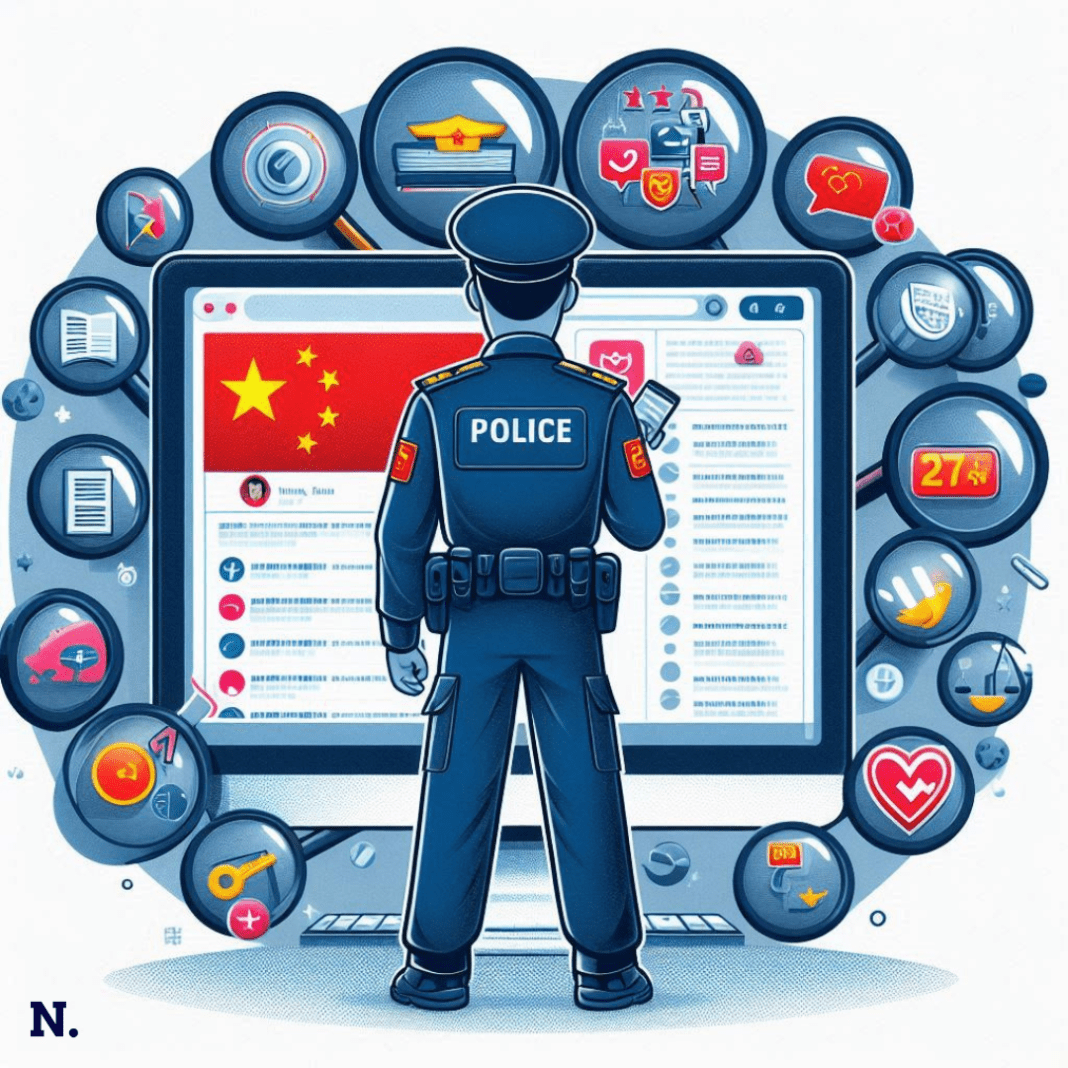Major internet companies in China are intensifying efforts to combat online hate speech following a tragic incident last week. A Chinese woman was fatally stabbed defending a Japanese mother and child. The companies are specifically targeting anti-Japanese rhetoric.
The Incident
Near a Japanese school in Suzhou, a man without a job hurt a Japanese mom and her child at a bus stop. Hu Youping, a brave Chinese lady, tried to help and got hurt too. Sadly, she couldn’t survive. This sad event showed how some people on Chinese social media say mean things about other countries.
Rising Anti-Japanese Sentiment
Lately, on social media, people have been saying that Japanese schools in China are teaching spying. The Global Times newspaper is telling more people about this. These ideas have made some people angry at Japanese people online. It might have even led to a bad fight in Suzhou.
This shows how powerful social media can be in making people think a certain way. It’s important because mean words online can cause real problems, like what happened in Suzhou.
Corporate Response
After the bad thing happened, some big internet companies in China said they won’t allow mean talk on their websites:
NetEase: They told people not to say mean things that make Chinese people angry at Japanese people. They want everyone to be nice online and not spread bad ideas.
Tencent: They run WeChat, a popular messaging app. They promised to stop posts that make China and Japan fight. They’re watching closely to delete those posts quickly.
ByteDance: They own Douyin, like China’s TikTok. They got rid of accounts that said really mean things about others. They want to make sure harmful stuff doesn’t spread.
Weibo: It’s like Twitter in China. They deleted more than 750 posts that made people hate each other after the attack. Weibo wants to keep the platform safe and stop dangerous talk.
Diplomatic Tensions
The relationship between China and Japan has been fraught with tension in recent years. Notably, China arrested a Japanese employee of Astellas Pharma last year on charges of espionage. This high-profile case added strain to the already delicate diplomatic relations between the two countries. Additionally, Beijing halted seafood imports from Japan after the release of treated wastewater from the Fukushima nuclear plant. Which created tensions.
Despite the current tensions, Chinese authorities have labeled last week’s stabbing as an “isolated incident.” Chinese Vice-Premier He Lifeng, had a meeting with a Japanese delegation. That meeting remarked that Hu Youping’s death demonstrated the underlying friendship between the two nations. This statement aimed to reassure both domestic and international audiences. And emphasized that the attack does not reflect the broader state of China-Japan relations.
Nationalist Sentiment in China
Nationalist sentiment is pervasive on Chinese social media. Earlier this year, social media users targeted few companies. Which included tech giant Huawei and bottled water company Nongfu Spring for allegedly incorporating Japanese references in their products. This surge in nationalism coincides with the government’s increasing push for greater patriotism.
The Chinese government has actively promoted nationalist values and pride in recent years. Which is often seen as a way to consolidate support and maintain social stability. However, this push for patriotism has sometimes led to unintended consequences. Such as the rise of extreme nationalist sentiments that border on xenophobia.
Government’s Balancing Act
While promoting patriotism, Beijing appears cautious about allowing nationalism to spiral out of control. Recently, the Chinese government reportedly withdrew a controversial plan to permit law enforcement. Which is to detain individuals wearing attire deemed offensive to national sentiments. This draft legislation, introduced last year, had sparked widespread concern among the public.
The proposal drew significant backlash, with critics arguing that it could lead to arbitrary and excessive enforcement by law officials. One notable case highlighting these concerns occurred in 2022 when a Chinese woman was briefly detained for wearing a kimono. Kimono is a traditional Japanese garment, which police interpreted as a violation of national pride. This incident and others like it have fueled debate over the limits of patriotic expression.
The tragic death of Hu Youping has sparked a significant response from China’s internet companies. It highlighted the complex interplay between nationalist sentiment and government regulation. As Beijing navigates the fine line between fostering patriotism and curbing extremist views, the incident highlights the ongoing challenges. These challenges revolve around managing public sentiment in a highly connected digital age.





